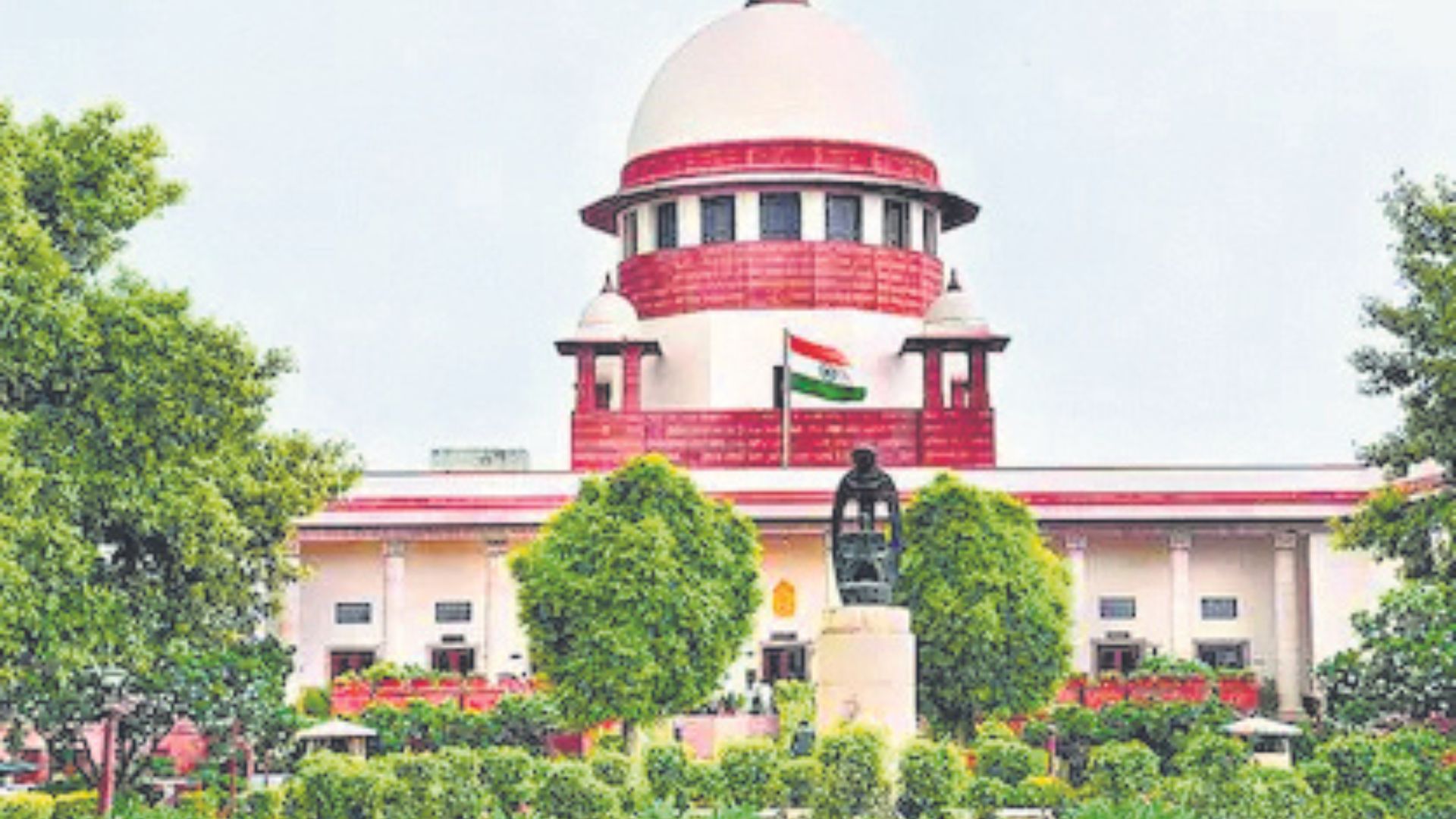


The Supreme Court on Wednesday granted interim bail to Enforcement Directorate (ED) officer Ankit Tiwari, who had been arrested by the Tamil Nadu Directorate of Vigilance and Anti-Corruption (DVAC) on charges of alleged bribery.
In granting him relief, Justices Surya Kant and K V Viswanathan stipulated that Tiwari must refrain from directly or indirectly contacting or influencing the witnesses involved in the case. Additionally, the bench directed that he may not depart from Tamil Nadu without prior permission from the apex court and must surrender his passport.
The court was hearing a petition by Tiwari against the Madras High Court’s denial of bail. “The petitioner is directed to be released on interim bail,” stated the bench, emphasizing that this would be subject to Tiwari providing bail bonds to the satisfaction of the relevant trial court. Additionally, the bench specified that apart from any conditions imposed by the trial court, Tiwari must refrain from attempting to tamper with evidence.
Meanwhile, a separate petition filed by the ED seeking the transfer of the investigation in Tiwari’s case to the CBI was also heard by the apex court. The bench instructed the ED to submit a rejoinder within two weeks, scheduling further hearing for April 18. Earlier in January, while considering the ED’s plea, the Supreme Court had deliberated on establishing a fair and transparent pan-India mechanism for investigating cases involving officials from central probe agencies and state governments to address concerns about political vendettas hindering probes.
Regarding consent for CBI investigations, ten states, including Tamil Nadu, Telangana, West Bengal, Rajasthan, Punjab, Jharkhand, Kerala, Mizoram, Meghalaya, and Chhattisgarh, have withdrawn their general consent. According to Section 6 of the Delhi Special Police Establishment (DSPE) Act, 1946, which governs the CBI’s operations, the agency requires the consent of state governments to conduct investigations within their jurisdictions.
Tiwari, an officer stationed at the ED’s sub-zonal office in Madurai, was allegedly apprehended while accepting a bribe of Rs 20 lakh from a Tamil Nadu government official on December 1, 2023.
Following his arrest, the ED lodged a complaint with Tamil Nadu Police Chief Shankar Jiwal, accusing state vigilance officers of trespassing on its Madurai zonal office and pilfering case records. In response, the DVAC contended that “incriminating documents” were seized during the search.
Amidst these developments, the ruling DMK party and other major opposition factions have frequently accused the BJP-led Central government of employing investigative agencies to target political opponents. During the ED’s plea for the case to be transferred to the CBI, the Supreme Court had requested a response from the Tamil Nadu government.
The ED has expressed its desire for a fair and thorough investigation in the case and has also petitioned for the Tamil Nadu government to appoint a nodal officer to share all FIRs related to scheduled offences under the Prevention of Money Laundering Act (PMLA).